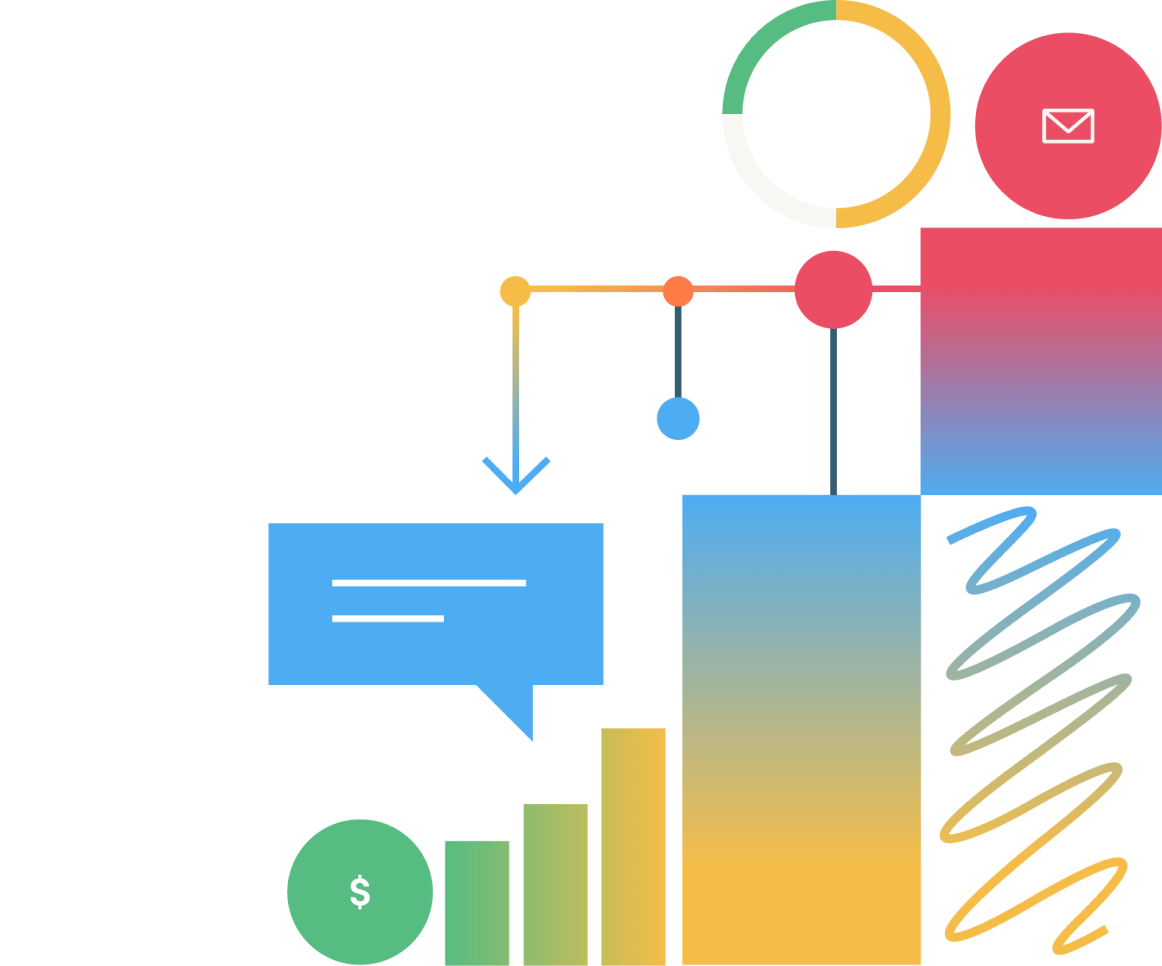Blog
My Social Entrepreneur Identity Crisis… And, Philanthropy is Sustainable
Lately, I’ve been having something of identity crisis with respect to ‘social entrepreneurs’ and ‘for impact leaders’. A consensus definition is forming that a social entrepreneur includes using some sort of earned-income model. Moreover, I see a general attitude from those consensus circles that fundraising/philanthropy is somehow ineffective or even, in some cases, undesirable because (as I was told by someone last week) ‘it’s not sustainable’.
The traditional nonprofit paradigm needs to change (and is changing). Tom and For Impact have been sounding that horn for a long time along with many others – I don’t think we’re the first and we certainly are not the only.
I have a slightly different take on what a social entrepreneur is–the definition. To me, it’s someone that thinks like an entrepreneur and puts his or her efforts into changing the world. It’s not about the business model, it’s about the attitude. It’s not about earned-income, it’s about ‘changing the performance capacity of society’ (Drucker’s definition).
Social Entrepreneur v. (For) Impact
I was working with an org that’s actively implementing a ‘hybrid model’ including a revenue stream and some private funding support. This organization is tackling poverty and has a pretty kick ass approach (making a HUGE impact). The leaders of this organization run in the social-entrepreneur-world there was a huge romance with finding sustainability through earned income. So much so that that became their message and focus. My question: Do you want to be best in the world at building a hybrid or do you want to be best in the world at ENDING POVERTY?
This is a VERY IMPORTANT question.
On Philanthopy.
It’s sustainable. That is, there is plenty of money and I think many are wrong (fools?) to shun this as a readily available resource to be leveraged. What’s not sustainable is working with that capital and not being able to communicate the impact, the ROI.
- Last year the US gave away $306 Billion. According to the Giving USA this number has gone up every year since 1987. Even this year it was going up (just not at the same rate as previous years). We’ve also done work in Europe and while I’m not as familiar with the climate I can offer a field-level view that philanthropy is exploding. In Ireland, for example, they’ve changed laws to make giving tax-deductible. While this isn’t the REASON people give it does elevate awareness and the culture of philanthropy.
- Last January Businessweek interviewed the worlds top philanthropists who said their number one challenge was giving away money effectively, not making money. Think about that… plenty of money… challenge is to do good.
- I’ve attended Social Enterprise gatherings and am always struck by this point (made by a speaker – I forget the attribution), “It’s hard enough to start a business with people that have their lives together than to try to pull that off with those that are struggling.” More
So what is the answer?
Philanthropy is VERY sustainable for those that show ROI in terms of IMPACT. To offer one example, it can come in the form of long-term strategic partnerships (think City Year and Timberland).
And, to be clear, I am an entrepreneur. I LOVE creative revenue streams. I just want to raise the point about focus, return-on-energy and the trend I’m seeing.
We need to show communicate impact – always.
I’ve been with the foundations and funders that say things like, “We only like to start programs because we don’t want the organization to be dependent on us for operating.” I’ve asked these same funders: “WHAT IF we could show you how that money saves lives every year?” They look at me with a loss for words… as if no one has ever presented this challenge and quickly assure they would more than happily look at such an investment.
Rockefeller… Gates… Google.org. It ain’t going anywhere. I think a real entrepreneur would always leverage these resources. It’s quite sustainable so long as we’re having an impact.

